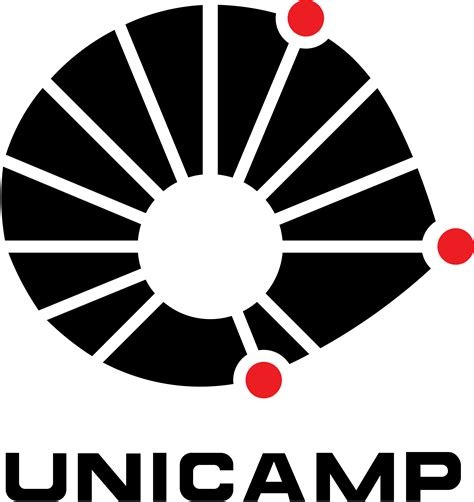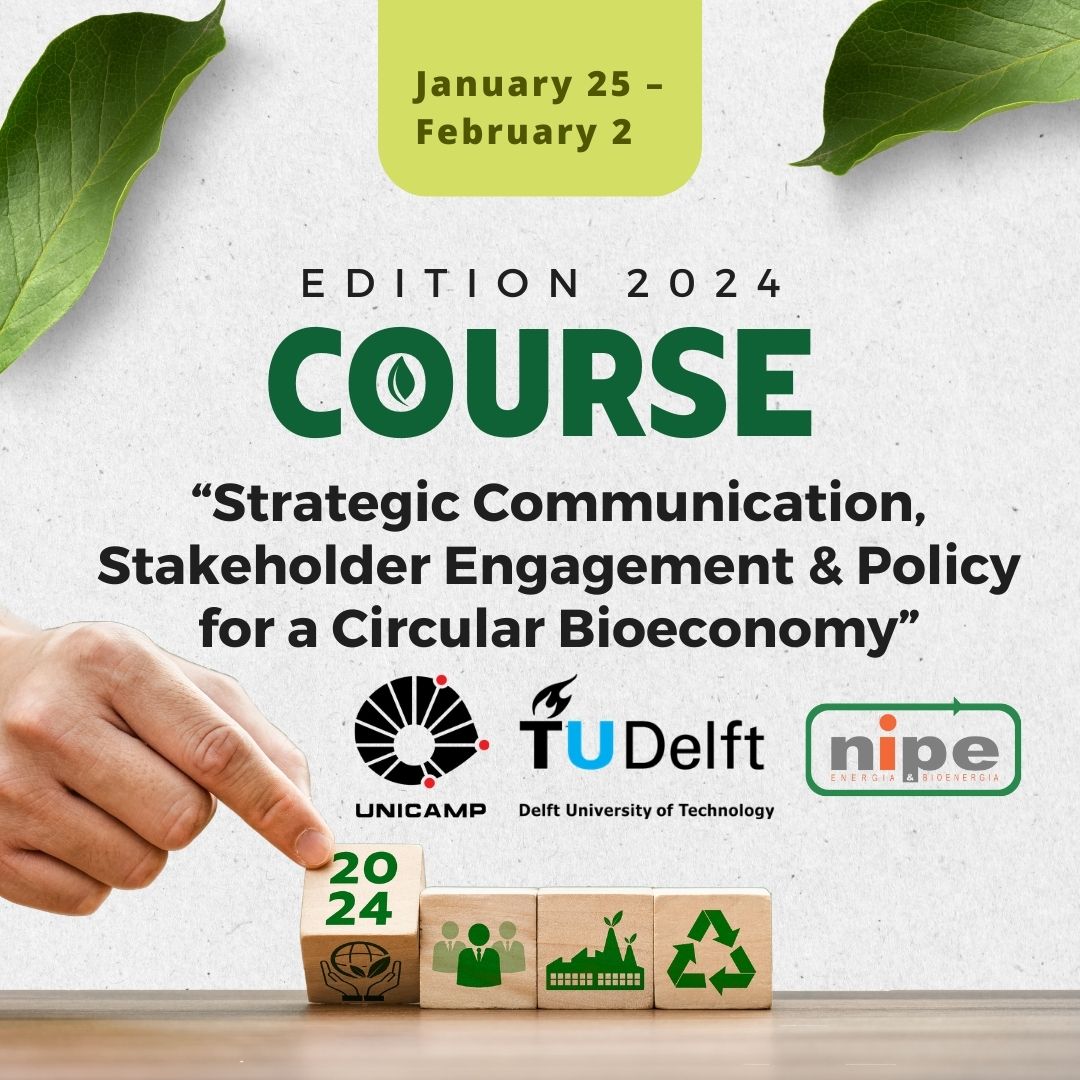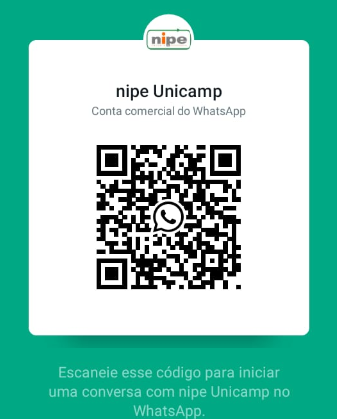


Course “Strategic Communication, Stakeholder Engagement & Policy for a Circular Bioeconomy” edition 2024
Period: January 25 – February 2 (60 hours)
Email registrations:
jprates@unicamp.br
Offered by: IE/UNICAMP & Delft University of Technology
Responsible professors: Prof. José Maria Ferreira Jardim da Silveira (IE/UNICAMP) and Prof. Patricia Osseweijer (TU Delft & BE-Basic).
Period: January 25 – February 2 (60 hours)
Course objective
The overall course objective is to achieve an understanding of the role and nature of public perceptions and policies in innovation (and tech transfer) for a circular biobased economy and acquiring skills to be actively engaged in (public and stakeholder) communication, regulatory committees and policy making.
Learning objectives
After successful examination of the course, students will be able to:
- have a basic understanding of ethics and its importance to attitudes
- have a basic understanding of the role and function of policies, regulatory committees and governance (global and international)
- have an understanding of issues in public perceptions related to a Circular Biobased Economy
- explain and discuss ethical and social issues in novel technologies (incl media training)
- make a company strategic communication plan
- address challenging (public) perception issues
Course program
The course will be provided as a ‘summer’ course at Unicamp. In addition to lecturers from Unicamp and TU Delft, invited (international) experts from industry, academia and other organisations will provide insight in their work in dealing with regulation, policy making or communication. Student groups will develop a strategic communication plan for a (small) company in novel technology. The Plan will be presented to an expert jury. Student groups will be supported by staff from Unicamp and TU Delft. Two intermediate presentations are planned to monitor progress and provide feed-back to students.
Examination
The strategic communication plan and presentation will both be assessed by the course professors and marked using the usual Unicamp system.
Course material
There will be a digital reader “Strategic communication and Policy for BBE”, produced by UNICAMP; TU Delft. Recommended reading: http://www.cambridge.org/gb/academic/subjects/life-sciences/life-science-professional-development/successful-science-communication-telling-it-it
Available at: http://dx.doi.org/10.1017/CBO9780511760228
Course schedule
Thursday 25 January: Day 1
| Time | Activities | Participants |
|---|---|---|
| 09:00 – 10:30 |
General introduction on Energy Transition Introduction of participants and expectations;- introduction of course aims; why is public perception and ethics important? |
Jose Maria da Silveira |
| 10:30 – 11:00 | Coffee break | |
| 11:00 – 12:30 |
Energy transition and circularity |
Jose Maria da Silveira |
| 12:30 - 13:30 | Lunch | |
| 13:30 - 15:00 |
Stakeholder engagement |
Gabriela Benatti |
| 15:00 – 15:30 | Coffee break | |
| 15:30 – 17:00 | Stakeholder engagement and productive inclusion | Gabriela Benatti |
Friday 26 January: Day 2
| Time | Activities | Participants |
|---|---|---|
| 09:00 – 10:30 |
General introduction to Policy analysis |
Jose Maria da Silveira |
| 10:30 – 11:00 | Coffee break | |
| 11:00 – 12:30 |
Policy analysis |
Jose Maria da Silveira |
| 12:30 - 13:30 | Lunch | |
| 13:30 - 15:00 |
Policentric governance |
Jose Maria da Silveira |
| 15:00 – 15:30 | Coffee break | |
| 15:30 – 17:00 | Policentric governance and Circular Bioeconomy | Jose Maria da Silveira |
Monday 29 January: Day 3 - Introduction to ethics and assignment
| Time | Activities | Participants |
|---|---|---|
| 09:00 – 10:30 |
General introduction Introduction of participants and expectations;- introduction of course aims; why is public perception and ethics important? |
Jose Maria da Silveira and Patricia Osseweijer |
| 10:30 – 11:00 | Coffee break | |
| 11:00 – 12:30 |
A basic introduction to ethics The basis of how to decide what is ‘good’ and what is not |
Laurens Landeweerd |
| 12:30 - 13:30 | Lunch | |
| 13:30 - 15:00 |
Ethical issues in a biobased economy and its relation to communication Theory versus practice, responsible entrepeneurship, regulations, governance, committees, how to deal with fake news |
Laurens Landeweerd |
| 15:00 – 15:30 | Coffee break | |
| 15:30 – 16:30 |
Exercises and introduction campaign planning Exercises and Introduction Group work: making a company strategic communication plan |
Laurens Landeweerd and Patricia Osseweijer |
| 16:30 - 17:30 |
Group work: business and communication plan |
|
Tuesday 30 January: Day 4 -
Biobased Economy: Innovation dynamics and IP, Polices and Regulatory Issues, Risk assessment and perceptions, Technology transfer (Jose Maria da Silveira)
| Time | Activities | Participants |
|---|---|---|
| 09:00 – 10:45 |
An overview on Biobased energy: scope, opportunities and comparison with other alternative sources: Biofuels and the Technology Frontier (1) ; Dynamics of innovation in biobased: an assessment based on patent networks (2) for a) GMO technologies; b) Saccharification and 2G technologies; c) Waste |
Jose Maria da Silveira |
| 10:45 – 11:00 | Coffee break | |
| 11:00 – 12:00 |
Biobased energy continued |
Jose Maria da Silveira |
| 12:00- 13:00 | Lunch | |
| 13:00 - 14:00 |
Sustainability assessment: impact analysis |
John Posada |
| 14:00 – 15:00 |
Sustainability in innovation: social sustainability |
John Posada |
| 15:00– 15:15 |
Coffee Break |
|
| 15:15 - 17:30 |
Group work: business and communication plan |
Wednesday 31 January: Day 5 -
Media training and Public Perceptions of biobased economy
Who are the stake holders?; - survey results of opinions; facts versus opinions; food-fuel debate; what are the issues? how do the media show this? what are the economical consequences?
| Time | Activities | Participants |
|---|---|---|
| 09:00 – 10:00 |
Introduction to importance perceptions and media relations |
Patricia Osseweijer with Laurens Landeweerd |
| 10:00– 10:30 |
How do the media work? newspapers, journals, radio and TV; who are the gate keepers? timing of information and press releases; debates, lectures and interview techniques; training in written and oral communication Press conference simulation |
Patricia Osseweijer, Laurens Landeweerd |
| 10:45 – 11:00 |
Coffee break |
|
| 11:00- 12:30 | Writing about science for non-scientists |
Patricia Osseweijer, Laurens Landeweerd |
| 12:30 - 13:30 |
Lunch |
|
| 13:30 – 15:00 |
Oral communication, radio and TV: interviews and presentations |
Patricia Osseweijer, Laurens Landeweerd |
| 15:00– 15:15 |
Coffee Break |
|
| 15:15 - 17:00 |
Exercises: talks Presentation TASK I |
Thursday 1 February: Day 6
Communication strategies
Evaluation of various communication approaches and their effectiveness; case studies on good and bad examples; what can companies learn from this? what is the role of scientists?
| Time | Activities | Participants |
|---|---|---|
| 09:00 – 09:45 |
Communication strategy: an industry view from Braskem – stakeholder perspectives |
|
| 09:45 – 10:00 |
Coffee break |
|
| 10:00 - 10:45 |
Communication strategy: an industry view from Inocas/Unica |
|
| 10:45- 11:30 | Communication strategy: an NGO view: XXX |
Carlos Young |
| 11:30 - 12:15 |
Communication strategy: what we learned from national vaccination for COVID |
|
| 12:15 - 13:30 |
Lunch |
|
| 13:30 – 14:30 |
Communication strategy: an R&D view from EMBRAPA |
Silvia Massruha |
| 14:30– 17:00 |
Communication Strategic Plan: group work |
|
| 17:00 |
Nasty situations given to groups (by email) |
Patricia Osseweijer |
Friday 2 February: Day 7
Overall integral Business Plan Presentations to panel
| Time | Activities | Participants |
|---|---|---|
| 09:00 – 12:30 |
Group work |
|
| 12:30 - 13:30 |
Lunch |
|
| 13:30 – 16:00 |
Group presentations to panel of experts (Jury) |
|
| 16:00 - 16:15 |
Panel review (Panel of experts) Panel (to be confirmed): Patricia Osseweijer(TUD); Laurens Landeweerd (RU); Jose Maria da Silveira (UNICAMP); John Posada (TU Delft) Gustavo Valenca Paim (UNICAMP) |
|
| 16:15 - 16:30 |
Course evaluation Announcement of winner |
|
| 16:30 - 18:00 |
Drinks and departure |
Reading:
- Main Reading: HPLE REPORT 5 (2013) Biofuels and Food Security: a report of High Level Panel of Experts on Food Security and Nutrition. Cap 2. http://www.fao.org/fileadmin/user_upload/hlpe/hlpe_documents/HLPE_Reports/HLPE-Report-5_Biofuels_and_food_security.pdf
Complementary reading: Brown, R.C. and Brown, T. Why are we Producing biofuels. Cap 6 to cap 11. - Reading Material: slides based on Silveira et Alli. (2013); DAL-POZ et alli (2011), DAL-POZ et alli (2014).
Complementary reading: Silveira et Alli (2013); DAL-POZ et alli(2011); DAL-POZ et alli (2014) - Main Reading: HPLE REPORT 5 (2013) Biofuels and Food Security: a report of High Level Panel of Experts on Food Security and Nutrition. Cap 1. http://www.fao.org/fileadmin/user_upload/hlpe/hlpe_documents/HLPE_Reports/HLPE-Report-5_Biofuels_and_food_security.pdf
- Main Reading: Borges; Silveira & Ojima (2010), Constraints and Incentives for agricultural Biotechnology in Brazil. http://www.anpec.org.br/revista/vol10/vol10n4p741_763.pdf
Presentation of a study: Rausser, G. and Zi, H. (2013) Policy Pathways to a viable renewable energy sector. In 6th annual Berkeley Bioeconomy.
http://www.berkeleybioeconomy.com/conference/2013-conference/ - Main Reading: Slovic, P (1987). Perception of Risk, vol. 236. N0 4799 PP. 280-285 .American Association for the Advancement of Science Stable.
- Sjöberg, L.(2004) Principles of risk perception applied to gene technology. Science and Society, Special Issue.EMBO reports VOL 5 | SPECIAL ISSUE | 2004
Sjöberg, L. (2004). Explaining Individual Risk Perception: The Case of Nuclear Waste Lennart. Risk Management: An International Journal 2004, 6 (1), 51-64



